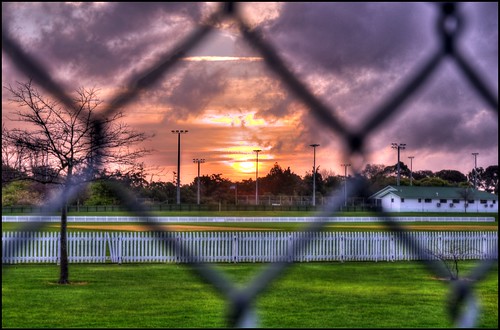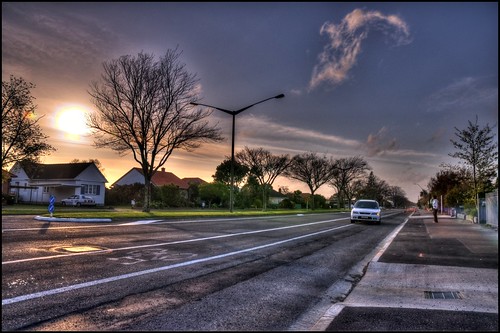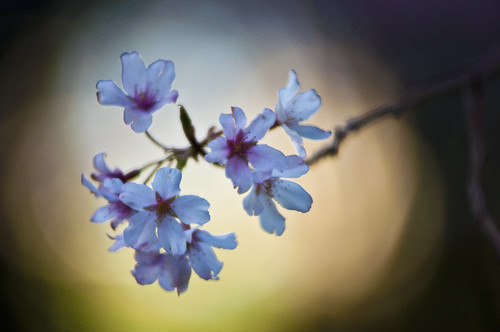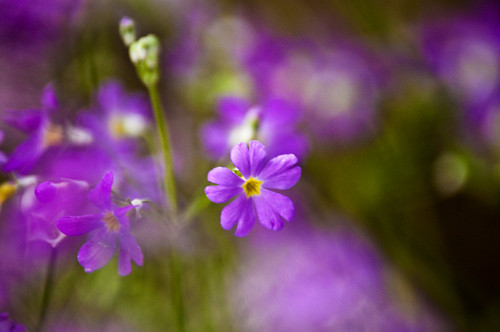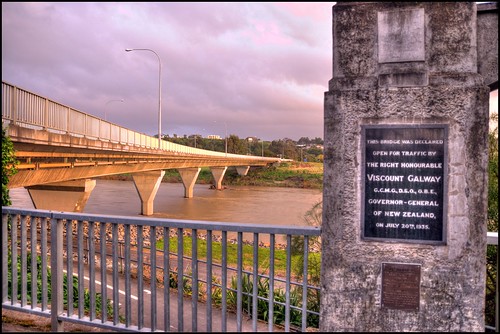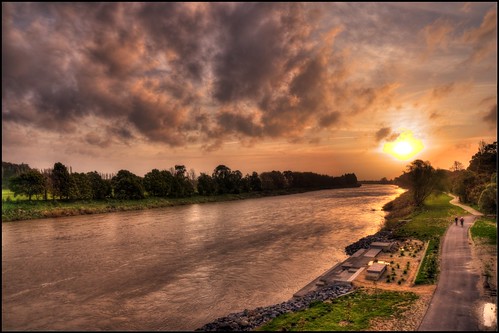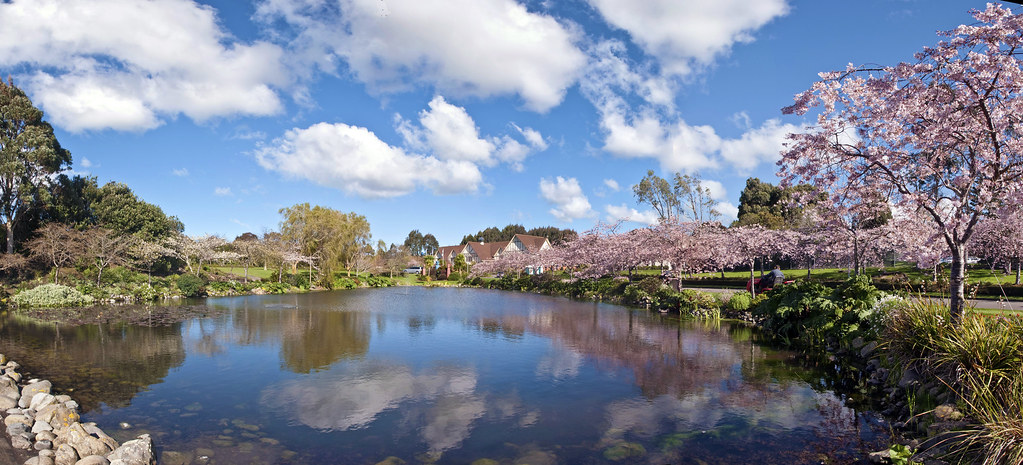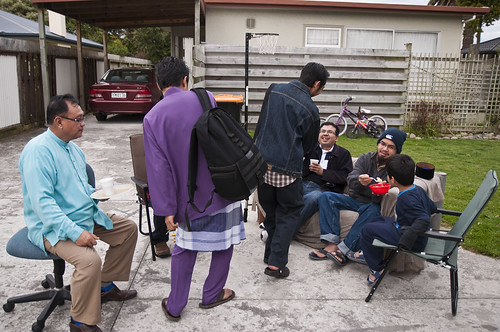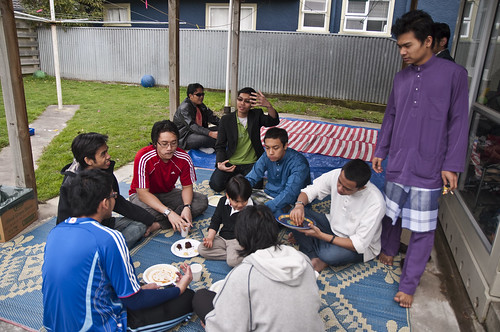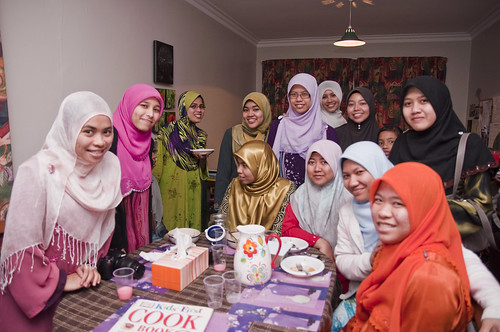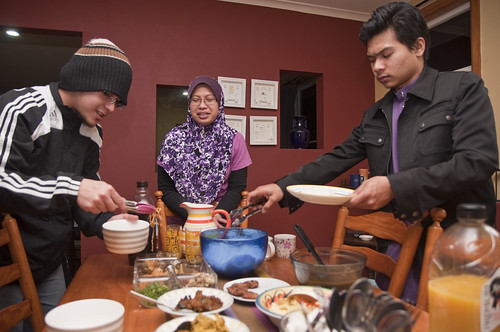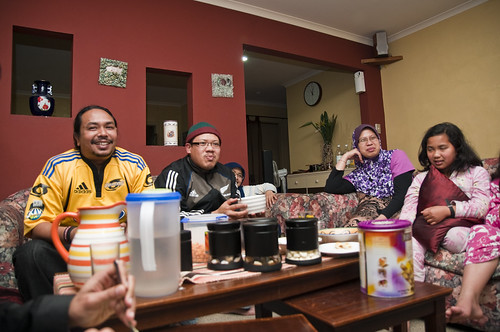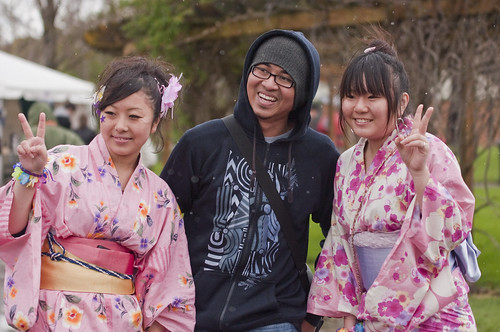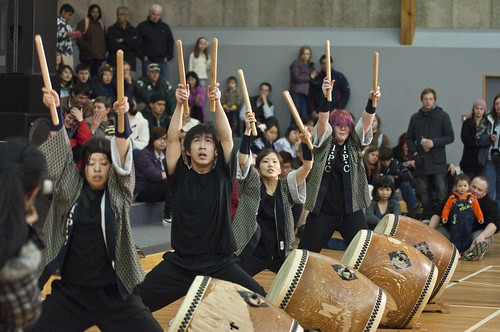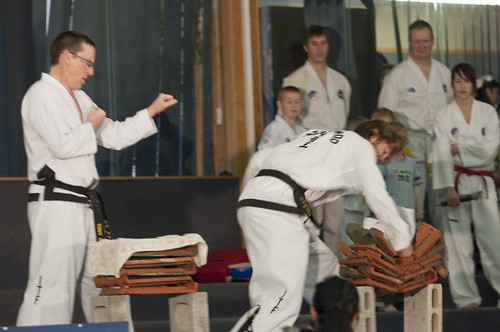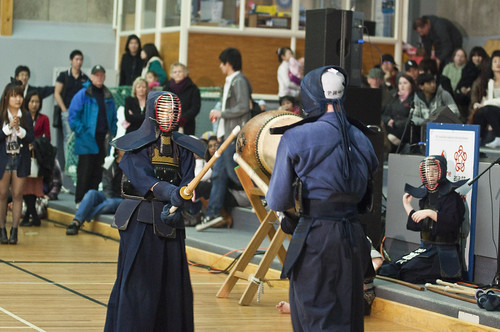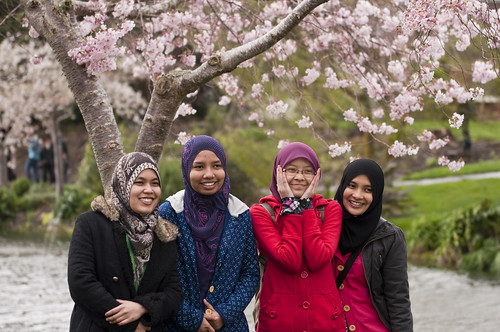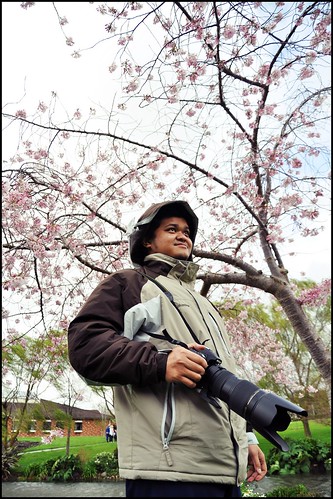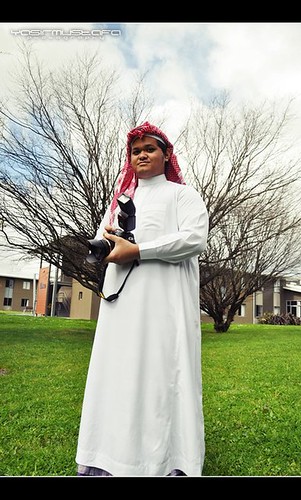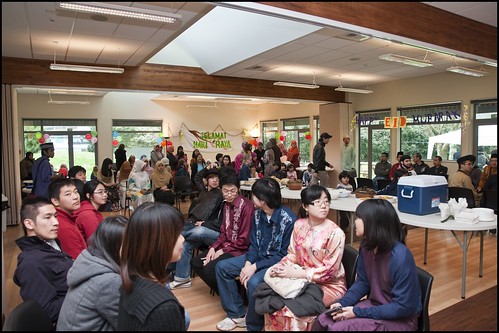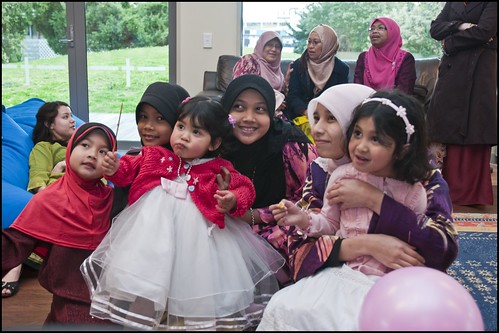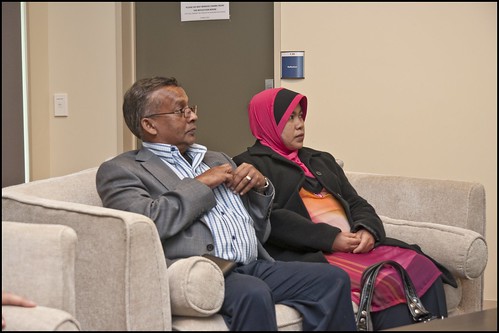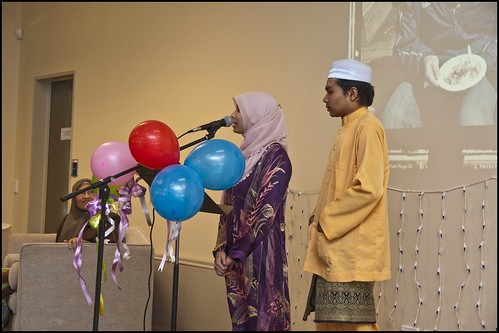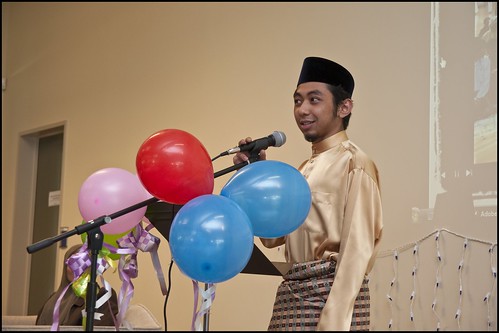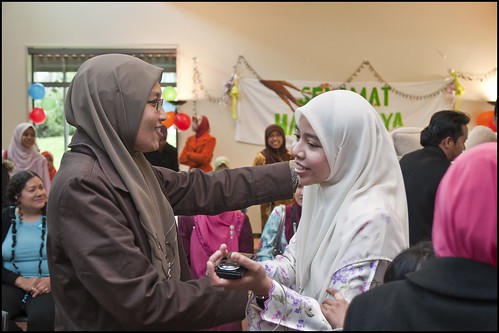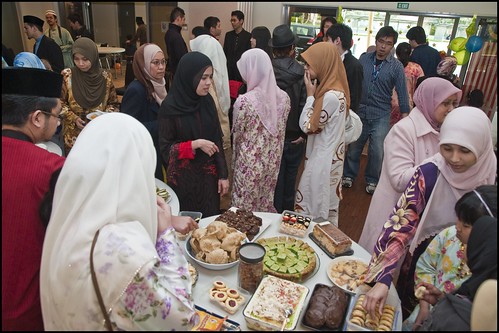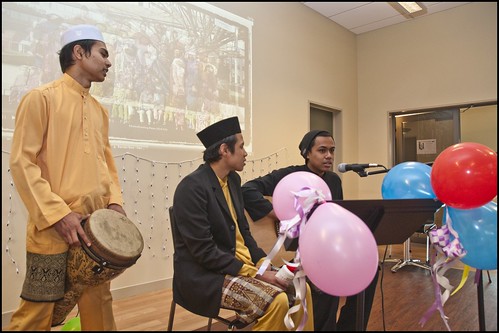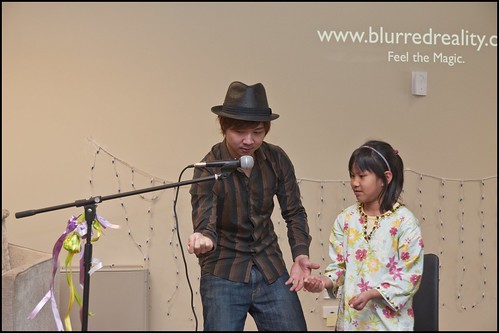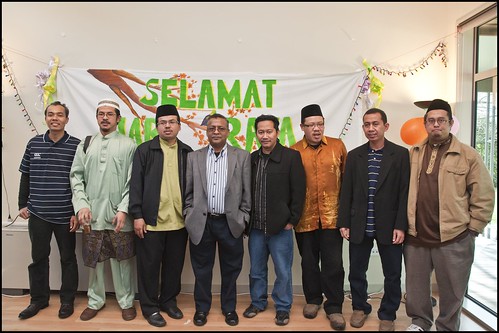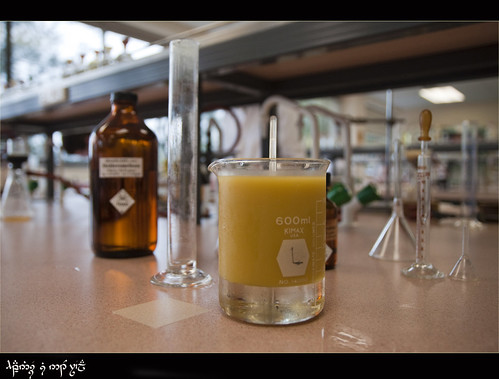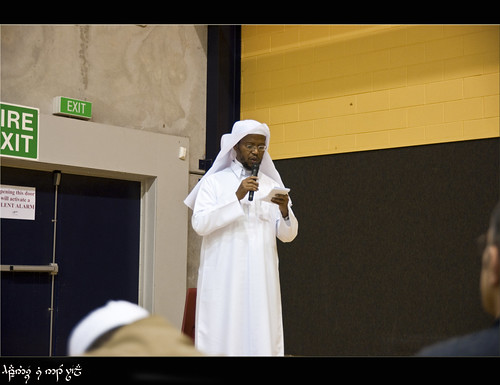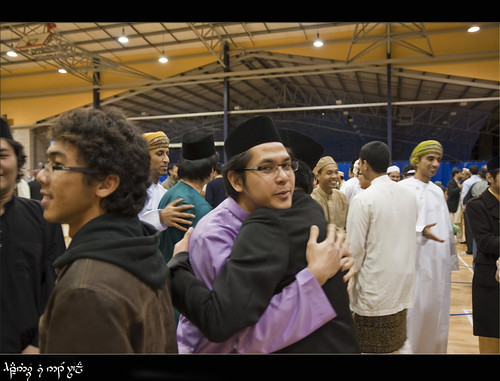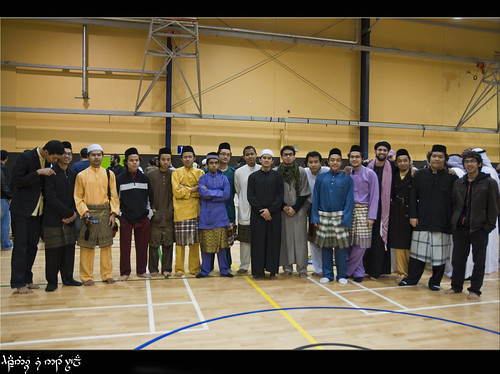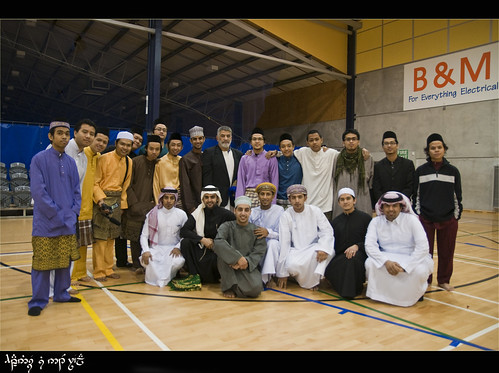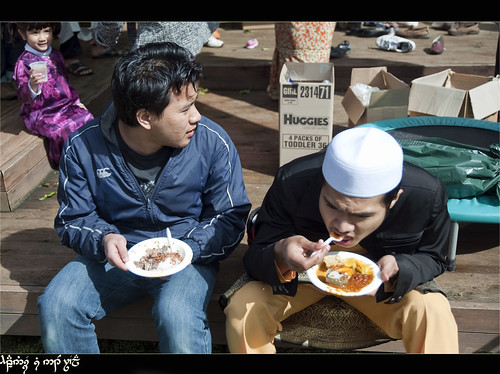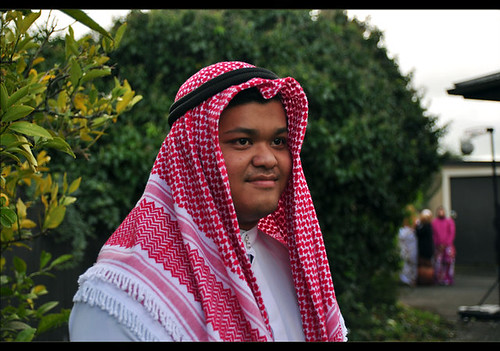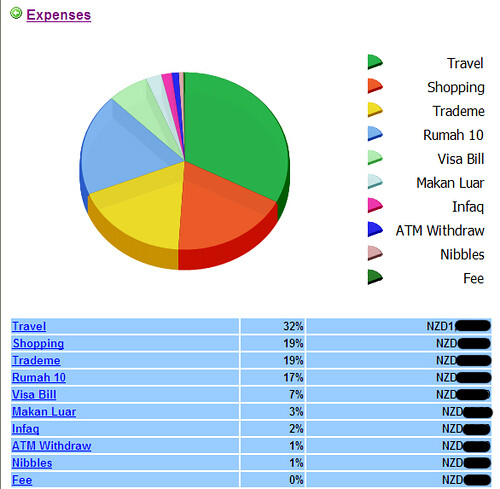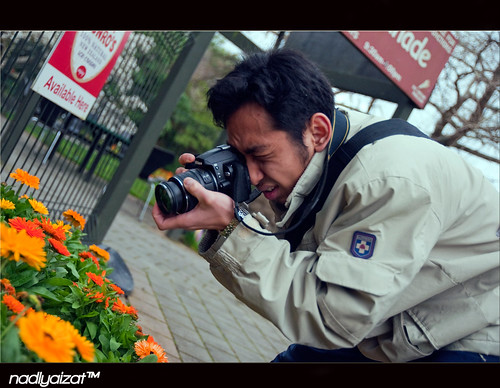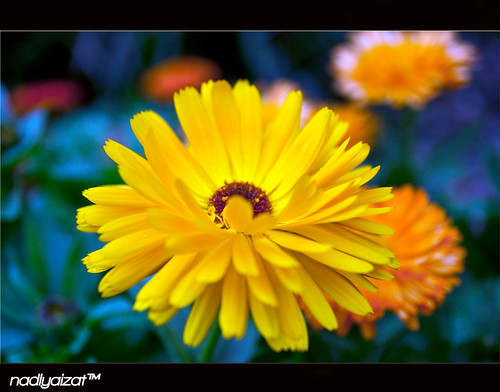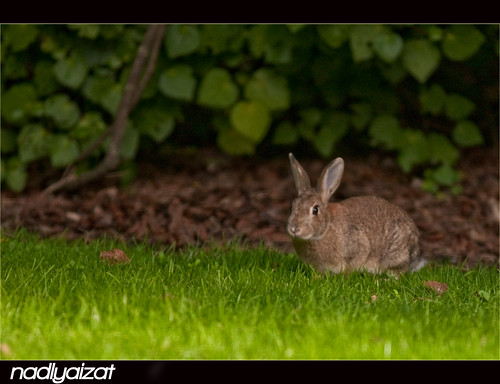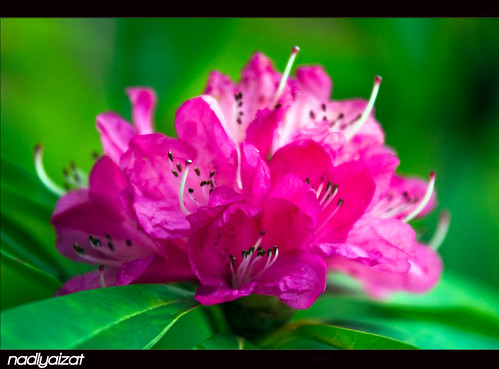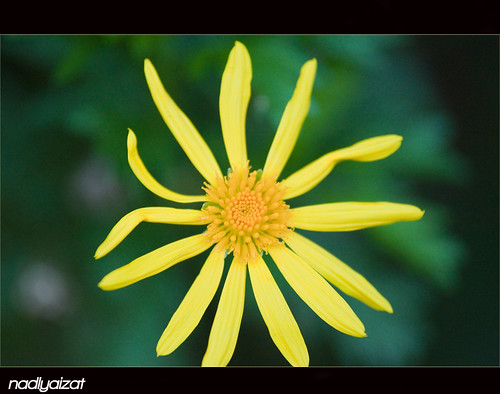Last Friday is quite significant for me since it's the day of Eid, and it's the same day where I delivered Friday sermon in Massey University Islamic Centre. Below is the text of the sermon that I want to share with you guys Insya Allah.
Ma’asyiral Muslimin rahimakumullah,
Let us build taqwa to Allah s.w.t. by obeying all of His commands, and leaving all that He has prohibited. May the month of Ramadan which has just passed inspire us to continue performing noble deeds and acts of worship in other months throughout the year.
And may the presence of Syawal motivate us to continue obeying Allah s.w.t. and performing good deeds as we did in Ramadan. May these positive acts strengthen our faith and reinforce our taqwa and ultimately lead to success in the hereafter. Ameen.
Allah s.w.t. says in surah Al-Taghaabun verse 9:
Which means: “The Day that He assembles you (all) for a Day of Assembly,- that will be a Day of mutual loss and gain (among you), and those who believe in Allah and work righteousness,- He will remove from them their ills, and He will admit them to Gardens beneath which rivers flow, to dwell therein for ever: that will be the Supreme achievement”
Dear Brothers,
Today is the day for the Muslim Ummah celebrate their triumph and victory. It is the day in which Allah s.w.t. has promised joy and happiness for every Muslim who had fasted in Ramadan. Rasulullah s.a.w. said:
Which means: “A person who fasts shall experience two kinds of happiness. Happiness when he breaks his fast and joy when he meets his Lord.” Hadith narrated by Imam Muslim.
Today is the day for us to express our profound gratitude for every blessing that we have received from Allah s.w.t. by reciting the takbir and tahmid. This is in accordance with surah Al-Baqarah verse 185, where Allah says:
Which means: “And so you must complete your days (of fasting), and you should glorify Allah for what He has guided you to, so that you may be grateful.”
Dear Friday Congregation,
While we celebrate the arrival of Eidul Fitri, let us take a moment to reflect on our view of Ramadan as a month of good acts and noble deeds.
Generally, Muslims in their views on the value of worship in Ramadan, may be divided into two categories.
First – Those who positions Ramadan as being the finale of the season of goodness and worship for the year. The final few days of Ramadan for those in this group is perceived as a finishing line in a race to attain Allah’s bounty and rewards.
The closer they are to the finishing line, the more vigorous they are in enhancing the quality and quantity of their acts. However, as Ramadan ends, so does the season of actively pursuing good deeds,with the arrival of Eid’s colourful celebrations.
Second – Those who perceives Ramadan as a stage in the process of continuous self-improvement. For this second group, Ramadan is a period for the cleansing of the soul and the strengthening of the faith, before continuing on to the next step of the journey.
Any accomplishment during Ramadan becomes a catalyst for more good deeds throughout the whole year, until they meet the next Ramadan.
This second category, my dear brothers, is the practice of Rasulullah s.a.w. He never stopped his acts of worship or stopped devoting his time for goodness even after Ramadan has ended.
The noble contributions made by the Prophet s.a.w. with much generosity never stopped with the arrival of Syawal. Rasulullah s.a.w. continued and strived maintain his closeness to Allah s.w.t. It did not end with the Maghrib prayer call of the final day of Ramadan. This is because the Prophet s.a.w. and his fellow companions r.a. never perceived the end of Ramadan as the end of a short race. In fact, it is viewed more as a stop for them to re-energise and reinvigorate their spirits to continue the coming year with more vigor and resilience.
Dear Blessed Friday Congregation,
With the current Eidul Fitri festivities going on and as we celebrate it with faith and taqwa, with joy and gratitude, let us honestly evaluate ourselves.
Among the two categories of people mentioned earlier, to which do we belong?
Which kind of character do we need to shape and develop as part of our identity?
What form of spirituality should we develop from the previous Ramadan?
My Dear Brothers,
Certainly, deep in each of our hearts, we would not want our acts of worship and noble deeds to end with the departure of Ramadan. Hence, we must continue to nurture our souls with faith and love of doing good deeds. Let us inculcate the enthusiasm we had in Ramadan by making it part of our community’s and family’s culture.
Ramadan demonstrated our community’s potential to be a community which is conscious of the hardships faced by fellow humankind. This was seen through the numerous voluntary activities which were organised throughout Ramadan.
Ramadan has also demonstrated to us our ability to increase our ibadah and noble deeds despite our tight and busy daily schedules. This proves that we are capable of continuing so even after Ramadan. Let us not allow our nights to be without prayers. Let us not allow our tongues and lips to be dry without much zikir and recitations of the Quran.
Continue these acts even if they are done in small quantities. Know that the Prophet s.a.w. said: “The best types of acts are the ones which are consistent.” Hadith narrated by Imam Bukhari and Imam Muslim.
May we be given the strength by Allah to continue worshipping and obeying Him consistently and to become a servant who is always thankful even after Ramadan has left us. To be a servant who makes Ramadan as a means for him be closer to his Creator. And may all of us be among His servants who succeed in this world and in the hereafter. Ameen.
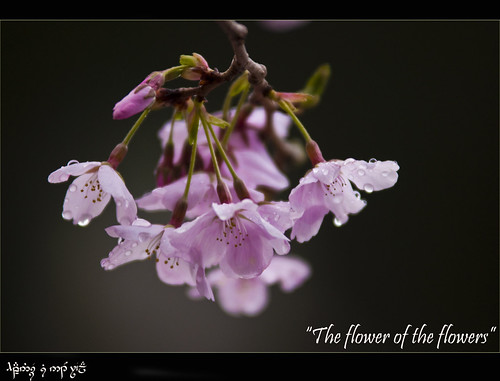
SECOND SERMON
Let us together build an outstanding character, as a community that is devoted to goodness. If those whose life is devoted only to the life in this world can be consistent in their efforts to satisfy their worldly desires, then it is only more befitting for a person of faith to relentlessly pursue goodness and his Lord’s mercy.
Do not rejoice because you no longer have to fast during the day and endure hunger and thirst. Instead, celebrate with a sense of deep gratitude, for the experience of hunger and thirst which we went through enables us to be appreciative of Allah’s generosity in showering us with His kindness and countless blessings.
Do not celebrate because there is no more tarawih to be performed. Instead, celebrate because our determination and efforts to increase our deeds in Ramadan has produced a purer soul and noble character.
Do not be happy because you are no longer required to pay zakat fitrah, or because pleas and campaigns seeking donations for the less fortunate are becoming more scarce. Instead, experience happiness because you have successfully touched the lives of our fellow brothers and sisters who need assistance from our generous contributions.
O Allah, only to You we offer our gratitude. Before you we humble ourselves. Strengthen the faith in our hearts. Reinforce the taqwa you have bestowed upon us. Accept all the deeds that we have performed in the last Ramadan.
We fasted for You, O Allah. We submit to Your will, for we sincerely seek Your benevolence and love. Accept and allow our fast in the last Ramadan to benefit us when we return to You.
We started Ramadan with sins and mistakes from the past O Allah. However we went through Ramadan seeking your forgiveness, for we are certain of Your mercy and Your love. Do not disappoint us in our hopes for Your forgiveness O Allah.
Please grant us the determination and strength to be amongst your servants who aspire to do goodness. Save our hearts from being stripped of Your love and compassion O Allah. And make us not from amongst Your servants who are tightfisted in performing acts of goodness.
O Allah, You have provided us with sustenance and the luxury to beautify ourselves in celebrating this Eid. Please also grant us beauty in our character and peace in our hearts. Shine Your light and nur upon us, our families, our community and this world which You have made our home.
Please grant us goodness in this life. Grant us goodness in the hereafter. And protect us from the torments of the hellfire. Ya Rabbal ‘Alamin.

